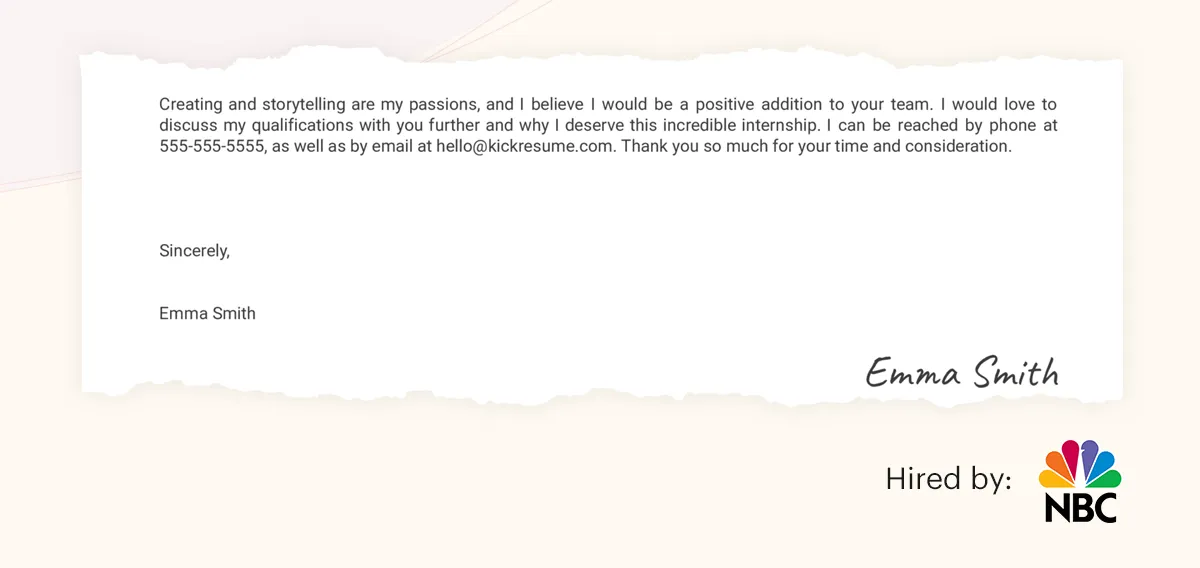Why a Strong Cover Letter Closing Matters
The closing of your cover letter is your final opportunity to make a lasting impression on a potential employer. It’s your chance to summarize your key qualifications, reiterate your enthusiasm for the position, and clearly state your next steps. A well-crafted closing can be the deciding factor in whether you move forward in the hiring process. It’s where you transition from simply presenting your qualifications to actively pursuing the job. This section is often overlooked, but it is a crucial part of the job application process. A strong closing can significantly increase your chances of securing an interview. Conversely, a weak or generic closing can undermine the impact of the entire cover letter, leading to your application being overlooked. It’s your final opportunity to sell yourself.
Highlight Your Interest and Enthusiasm
Showcasing your genuine interest in the role and the company is vital. Briefly reiterate why you are excited about this specific opportunity. This could involve mentioning something that particularly resonated with you in the job description or highlighting how the company’s mission aligns with your career goals. Avoid generic statements like ‘I am interested in this position’. Instead, use phrases like, ‘I am particularly excited about the opportunity to…’ or ‘My passion for [industry/field] and [company’s values] makes me a strong fit for this role.’ Tailor your enthusiasm to the specific company and position to demonstrate you have done your research and are genuinely interested. Make it clear why you’re a good fit for them and vice versa. This makes a big difference.
Demonstrate Your Understanding of the Role
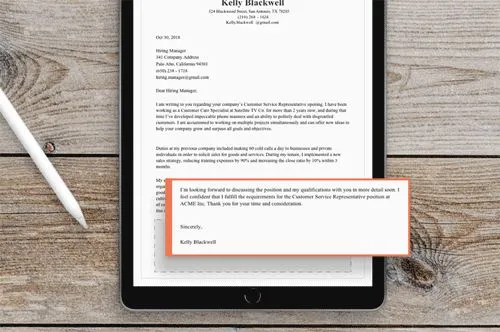
In your closing, demonstrate that you have a clear understanding of the role’s requirements and how your skills and experience align with them. This reinforces your suitability for the position and shows that you have carefully considered the job description. Briefly reference specific responsibilities or projects that resonate with your experience. For instance, you can say, ‘My experience in [specific skill] aligns well with the responsibilities outlined for [specific task] in this role, and I am confident in my ability to contribute to [company goal].’ By demonstrating your understanding, you reassure the hiring manager that you are a serious candidate.
Reiterate Your Value Proposition
Summarize your key strengths and how they benefit the company. This provides a concise overview of your value proposition and reinforces why you are a strong candidate. Focus on the most relevant skills and experiences highlighted in your cover letter. For example, ‘With my proven track record in [skill 1] and [skill 2], I am well-equipped to contribute to [company goal].’ or ‘I am confident my expertise in [specific area] can significantly benefit your team’. The aim is to remind the reader of the key takeaways and leave a lasting impression. Keep it brief, highlighting only the most important aspects of your abilities.
Suggest a Call to Action
Request an Interview
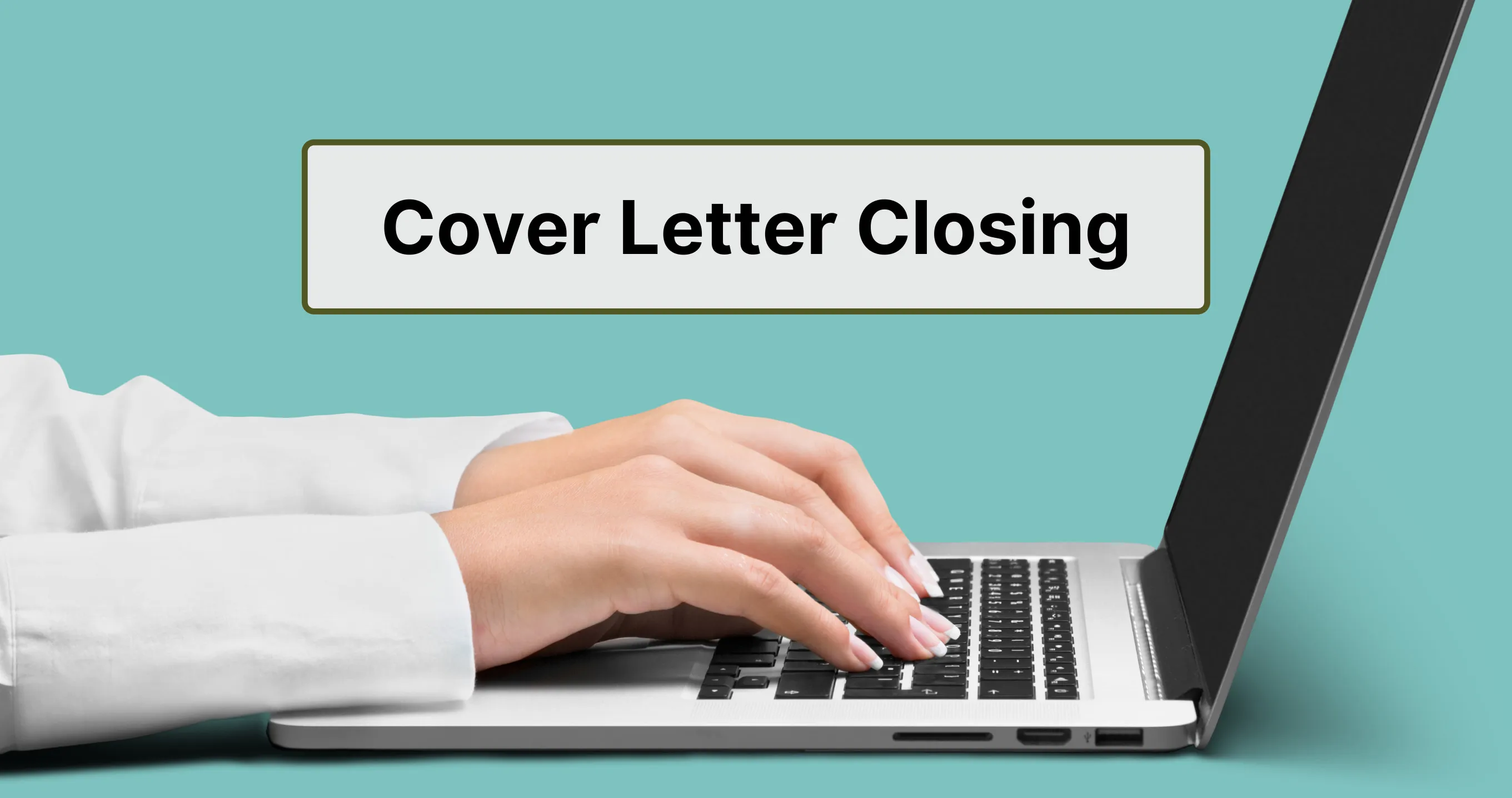
A clear call to action is essential. This is where you explicitly request an interview. Avoid being passive. A direct and confident statement, such as ‘I am eager to discuss my qualifications further and would welcome the opportunity for an interview’ or ‘I am available for an interview at your earliest convenience,’ is best. Show you’re proactive and ready to take the next step. It’s crucial to indicate your proactive interest in the role and make it easy for the hiring manager to take action. Making this easy for them helps move your application forward.
Provide Contact Information
Ensure your contact information is readily available. While this information is usually provided at the top of your cover letter, it’s still a good practice to include it again in the closing, particularly your phone number and email address. This ensures that the hiring manager can easily reach you. For example, ‘Thank you for your time and consideration. I can be reached at [your phone number] or via email at [your email address].’ This redundancy guarantees that the hiring manager has no difficulty contacting you.
Mention Your Availability
Indicating your availability for an interview demonstrates your eagerness and willingness to accommodate the employer’s schedule. This shows your commitment to the job. State your availability concisely, for instance, ‘I am available for an interview at your earliest convenience’ or ‘I am available to meet at your earliest convenience’. If you have specific time constraints, it’s helpful to mention those, such as, ‘I am available for an interview on weekdays’. This helps the hiring manager to plan accordingly and speeds up the process.
Professional Sign-off
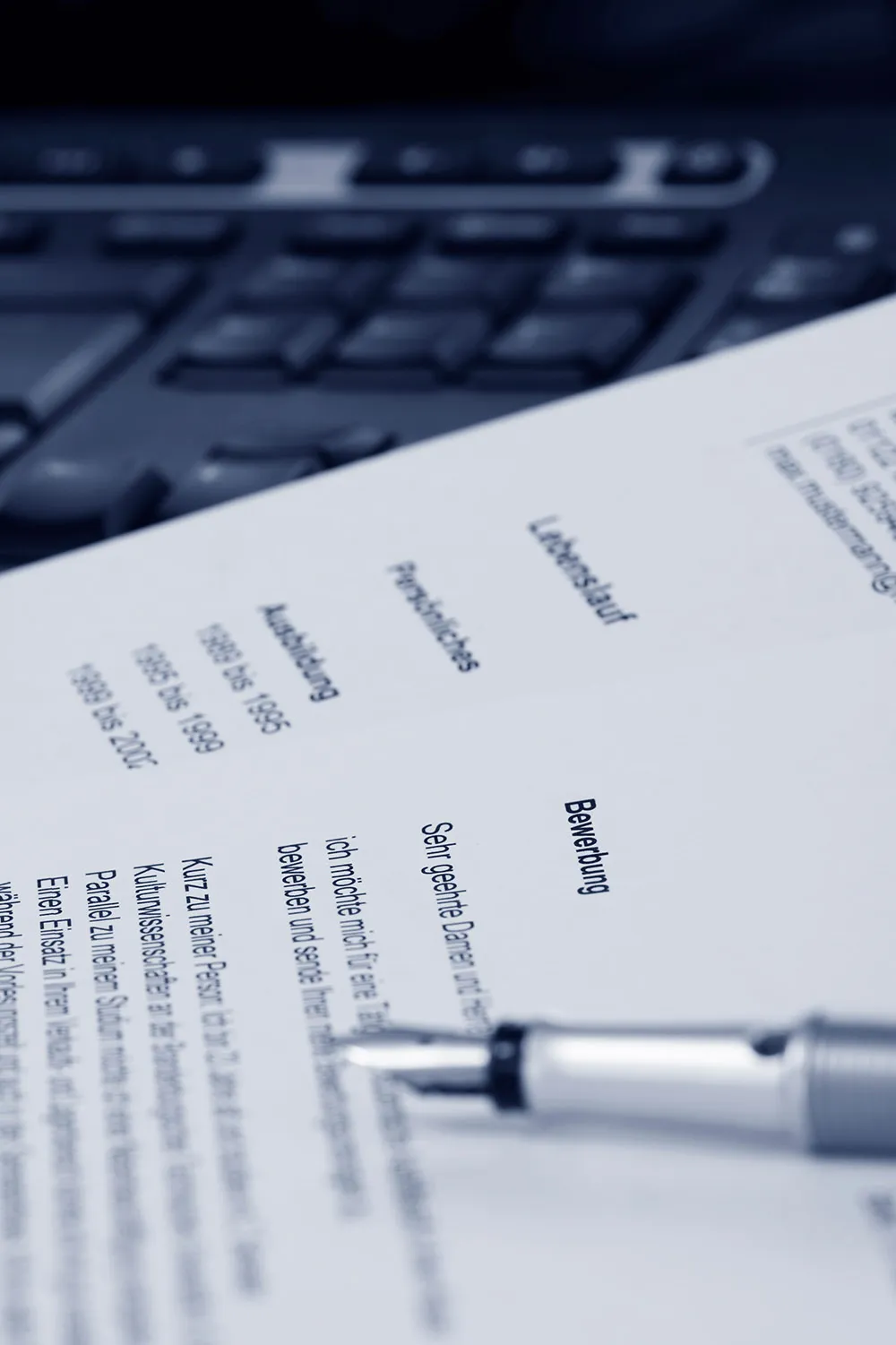
Use a Formal Closing
Select a professional closing that is appropriate for the context. Common options include ‘Sincerely’, ‘Best regards’, ‘Respectfully’, or ‘Thank you for your consideration’. Avoid casual closings like ‘Cheers’ or ‘Best’ unless you have a pre-existing relationship with the hiring manager. A formal closing sets the tone for a professional interaction and indicates respect for the reader. The tone should match the rest of the letter, so stick to the standard closing to get the best results.
Proofread Carefully
Proofreading is non-negotiable. Before submitting your cover letter, carefully review the entire document for any grammatical errors, typos, or inconsistencies. A single mistake can undermine your credibility and potentially cost you the opportunity. Check your spelling, grammar, and punctuation, and ensure that all names, job titles, and company names are accurate. Consider reading your cover letter aloud to catch any awkward phrasing or typos. Consider having someone else review it, as a fresh pair of eyes can often spot errors that you might miss. Thorough proofreading demonstrates your attention to detail and professionalism.
Thank the Reader
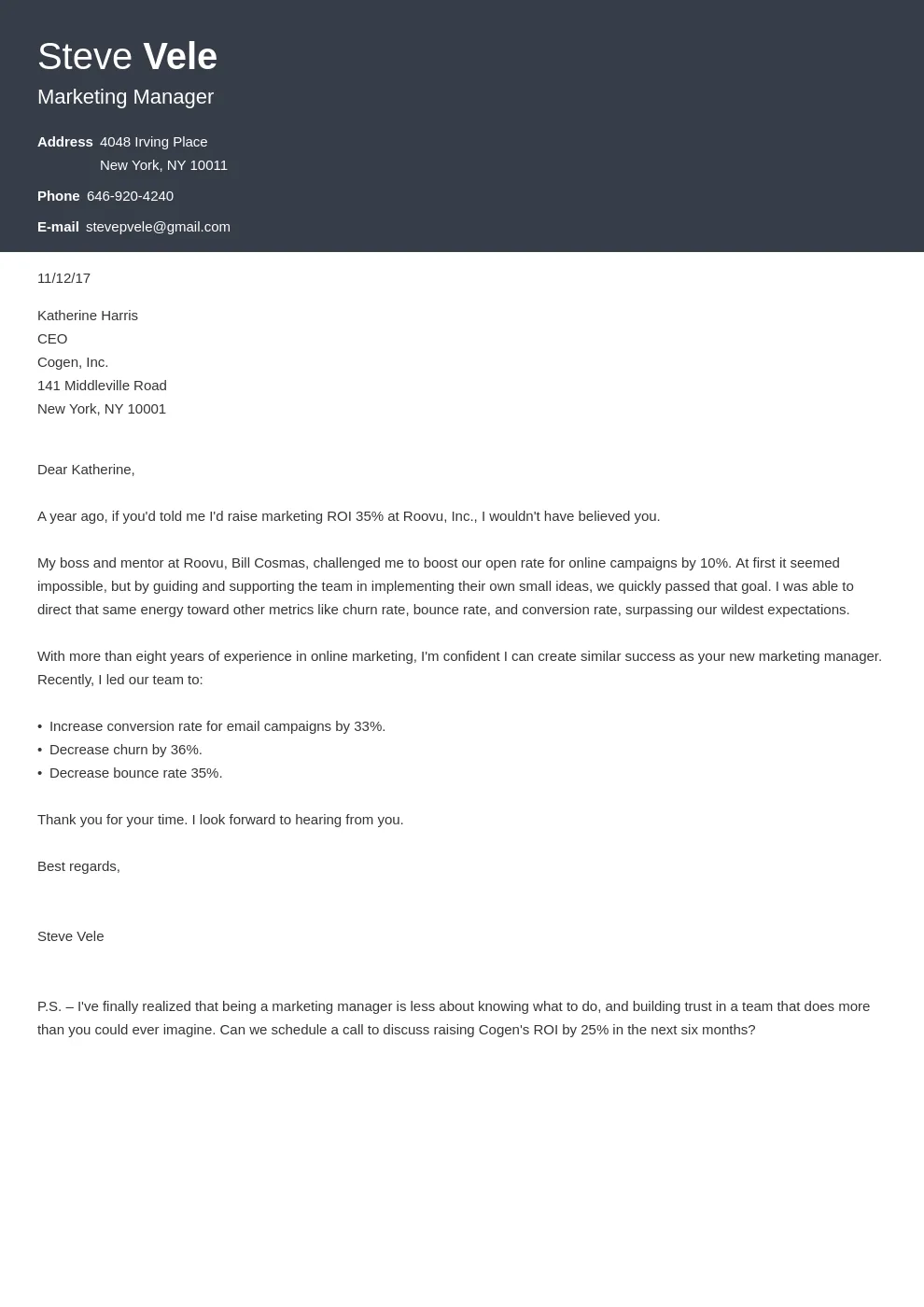
Expressing gratitude to the reader shows courtesy and respect. Thank the hiring manager for their time and consideration, and acknowledge their effort in reviewing your application. This small gesture leaves a positive impression. Use a simple phrase like ‘Thank you for your time and consideration’ or ‘I appreciate your time and the opportunity to be considered for this position.’ Adding a brief expression of gratitude creates a positive conclusion and encourages the reader.
Common Closing Mistakes to Avoid
Being Too Informal
Avoid using overly casual language or slang in your cover letter closing. This is a formal document, and the closing should reflect that. Keep the tone professional. Steer clear of phrases that might be perceived as unprofessional or overly familiar. Maintain a formal tone, appropriate for a job application. Choose the right words and tone for the best results.
Repeating Your Resume
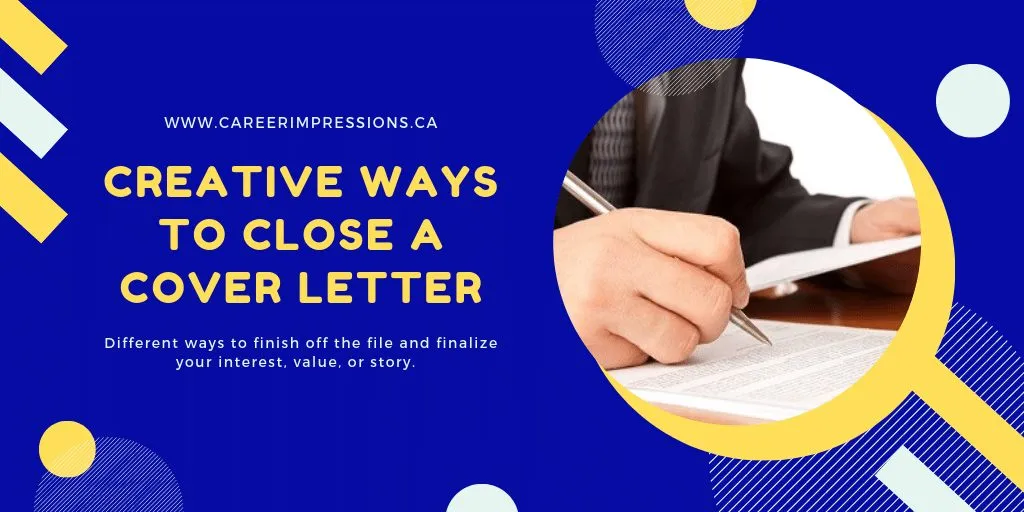
Do not simply reiterate information already provided in your resume. The closing should add value, offer new insights, or provide a call to action. Restating your resume’s content is redundant and wastes the reader’s time. The closing should offer a new perspective and provide a call to action. Your closing should be concise and to the point. This shows that you know how to present yourself concisely and with impact. Use this section to drive your application forward.
Forgetting to Proofread
As mentioned earlier, proofreading is essential. Failing to proofread can lead to errors, typos, and grammatical mistakes that undermine your professionalism. Always double-check your cover letter for any errors. Mistakes can create a negative impression, potentially leading to your application being overlooked. This is a simple step that makes a big impact. Always take the time to proofread before you submit.
